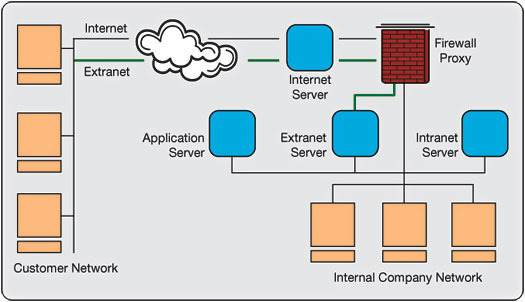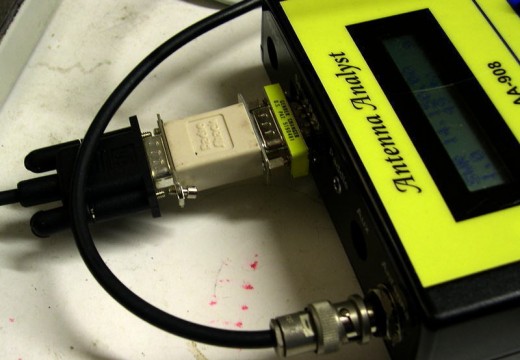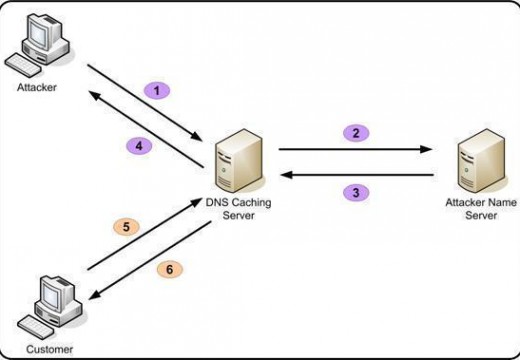In the modern world of information and light-speed communications, data must be accessible from anywhere. This very issue is why nearly all businesses have created vast networks of computers throughout their offices. These same companies have an extensive web presence to reach their customers all over the world. A problem then arises, however, when a company wishes to communicate with itself but not with the outside world. The problem is then made worse when those companies wish to allow their employees to connect to the company network from outside of the network altogether. This problem can be easily solved by the use of an extranet. This article will explain what an extranet is, how it differs from both the Internet and an intranet, applications of an extranet, and the advantages and disadvantages of having and using an extranet.
What is an Intranet
An intranet is small, localized version of the Internet within a company’s computer network. An intranet allows for computers, devices, and people within the company network to communicate with each other as if they were using the Internet but does not allow users outside of the network to access those computers or devices. Intranets can be used for data collection and processing, communication, and company research.
What is an Extranet
An extranet is similar to an intranet but includes Internet access as well. An extranet allows for users within the network to carry out their daily tasks as usual but also allows employees to tap into the company network from computers and devices that are outside of the network altogether. Likewise, an extranet allows for employees within the network to access and use the Internet in order to aid their daily tasks. A company extranet may be monitored, firewalled, or protected by other means of security.
Applications of an Extranet
Extranets can be used for a wide variety of applications. Educational institutions, medical facilities, and military bases often include extranets in order to secure confidential information while still allowing users to access the Internet. For example, a school is likely to use an extranet in order to allow teachers and other moderators to make changes to a specific section of the school website. Because extranets have access to the Internet, teachers are able to modify these sections from not only their classroom, but also from home or another location. As was mentioned earlier, companies are also likely to have an extranet in order for changes to be made while employees are away from the office.
Advantages
There are many advantages of having an extranet. For example, extranets are able to transfer large amounts of information. Extranets are also able to provide a secure location in which a company and its partners or clients are able to communicate with each other or make transaction. As extranets are also able to communicate with other extranets, many individuals and groups alike can exchange information at the same time.
Disadvantages
Despite the advantage of having and using an extranet, there are also some disadvantages. Extranets are not as secure as intranets are because they are connected to the Internet. This can allow hackers and thieves to break into the network and steal or overhear valuable or confidential information. Extranets are also very expensive to maintain as the company must pay for hardware, software, training, and other costs associated with extranets. Fortunately, third party vendors such as an application service provider may be able to reduce these costs significantly.




Follow Us!